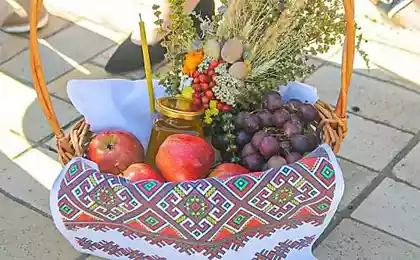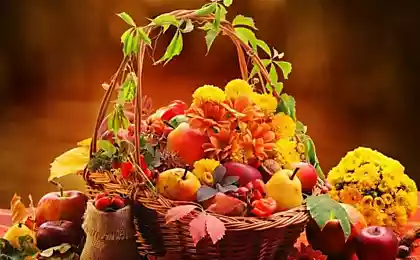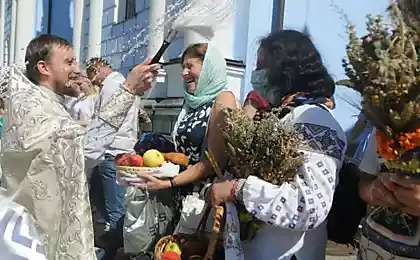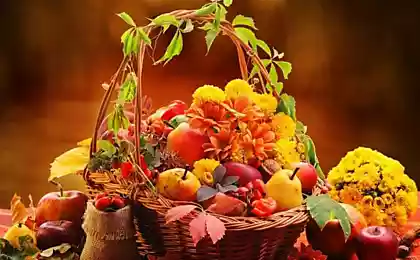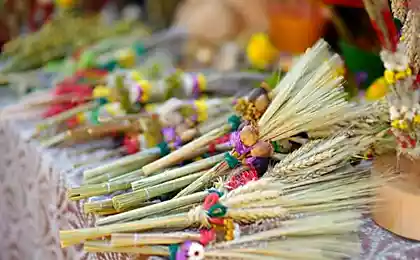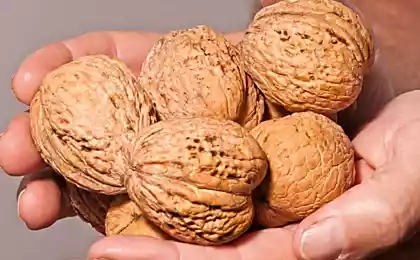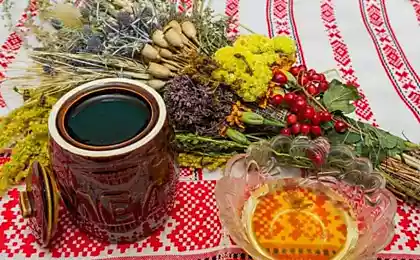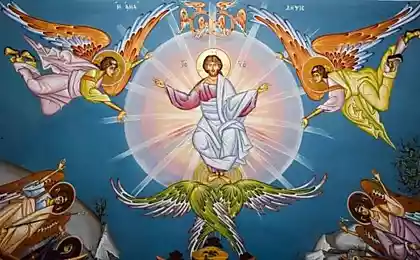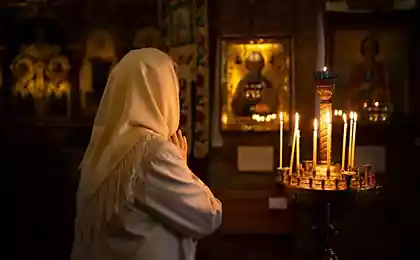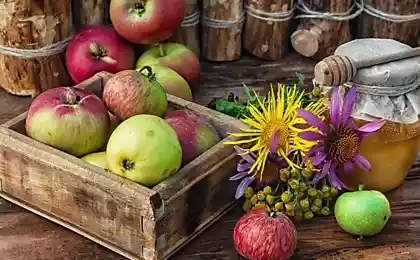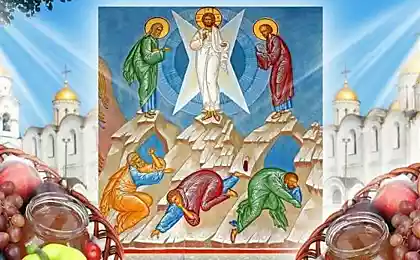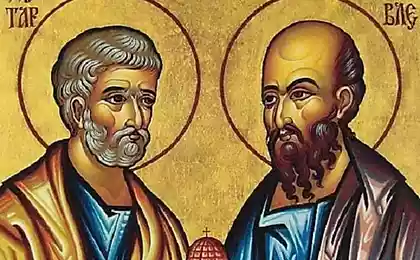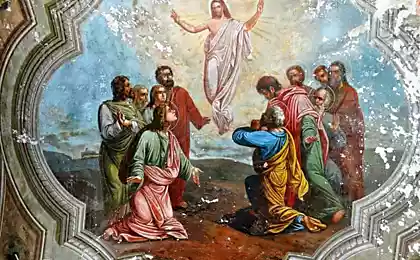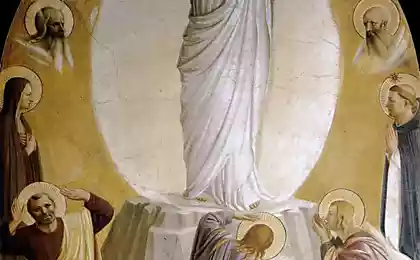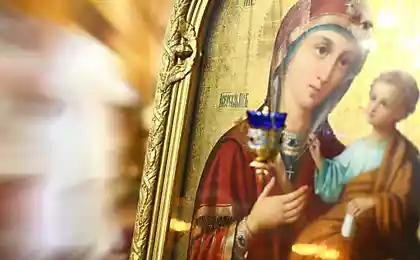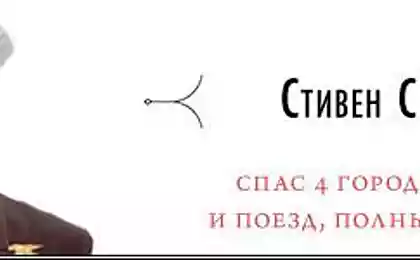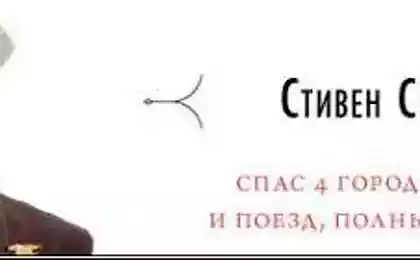163
How to celebrate the Honey Savior in 2023 and what to do on this day
Macauba 2023 The year, or, as it is also called, Honey Spas, will be celebrated on August 14. But according to the new style, namely after September 1, it will be celebrated on August 1. For the average person, Makovei may seem just another church holiday. But in fact, he holds a lot of interesting things.
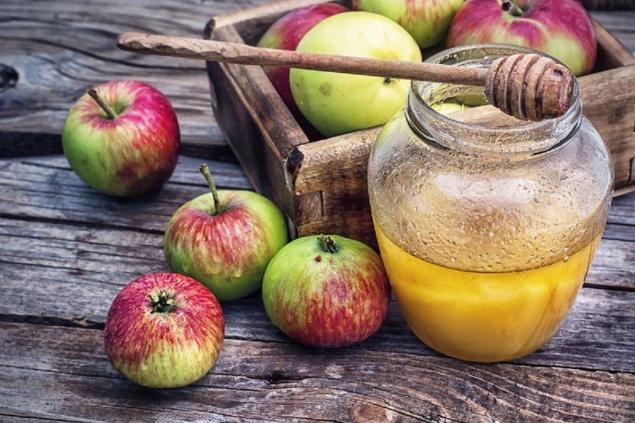
It is curious that on the same day the Assumption Fast begins, which continues until the Assumption of the Most Holy Mother of God, namely, until August 28. As in any other fast, believers who adhere to it should not eat meat and fish. So Makovei-2023, although a holiday, does not accept food on the table.
The name and origin of the holiday itself came to us from the city of Constantinople (now Istanbul) in the IX century. But already in the XII-XIII centuries it spread to all Orthodox churches of the world! In August, a terrible epidemic hit the city. The medicine of the time clearly did not cope with it, and so the clergy used part of the cross on which Jesus was crucified. It was consecrated by local springs and reservoirs. And, miraculously, the ailment is gone!
Since then, all believers have celebrated this day. But the name “Honey” was invented by the people. The fact is that at this time the church sanctifies water, herbs, including honey. So, as you can see from the context, the name came by itself.
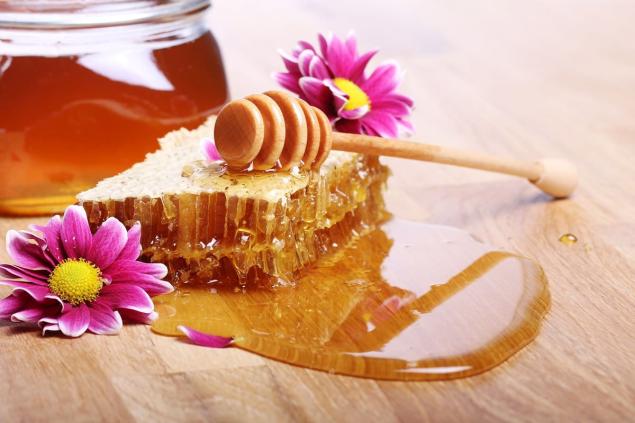
Makovei is also an invention of ordinary people. After all, to the poppy holiday is quite indirectly. The name is the name of the seven brothers of Judah Maccabee. The fact is that they, their mother and teachers were tortured for their faith in the Lord in 166 BC. Since then, the church has honored their sacrifice. Well, the people simply drew the name to the poppy, which during this period actively blooms. That's how the name came to be.
Makovei-2023: what is consecrated and what are the signs on this day It is customary to consecrate products and special bouquets, which are then stored at home. The products are as simple as possible. It's poppy, vegetables, fruit, water, honey. Given the age of this holiday, it is no wonder that people did not invent products. Everything as simple and useful as possible at home. But bouquets are different.
They are made up of field plants, flowers and poppy boxes. They put such bouquets at home, and they stand for a whole year, slowly drying out. From plants traditionally choose sunflower, wormwood, spikelets of oats, mint, rue, oregano, cornflower, wormwood, lovebirds and so on. Interestingly, each of the "ingredients" has a special meaning. After a year, the bouquet must be burned. And you can't throw it away.
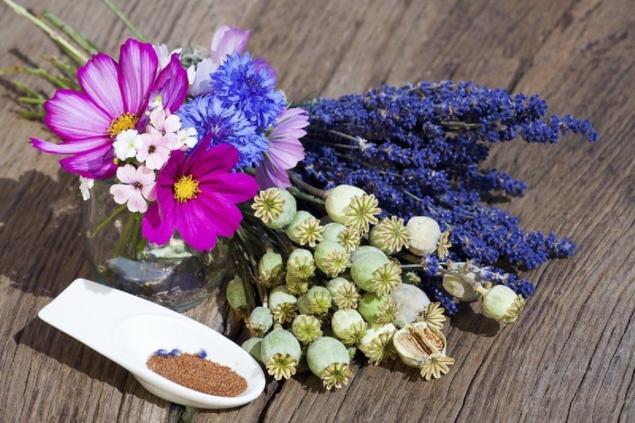
Our ancestors believed that if honey is not collected on the Honey Savior, then the neighboring bees will steal it. In addition, there was a sign that if the birds fly south on this day, the cold will be strong. And if it rains, then forest fires next year can not be afraid. It was believed that this holiday, among other things, symbolized the transition from the summer cycle to the autumn.
On this holiday it is customary to do some good deeds and pleasant deeds. Of course, this does not change the fact that you can do this at least every day. Still.
Thank the beekeepers for their work and make something out of honey. Honey and bees are associated with this holiday, as we mentioned above. In addition, honey is a useful product from which you can prepare many lean dishes. Therefore, this tradition is very suitable.
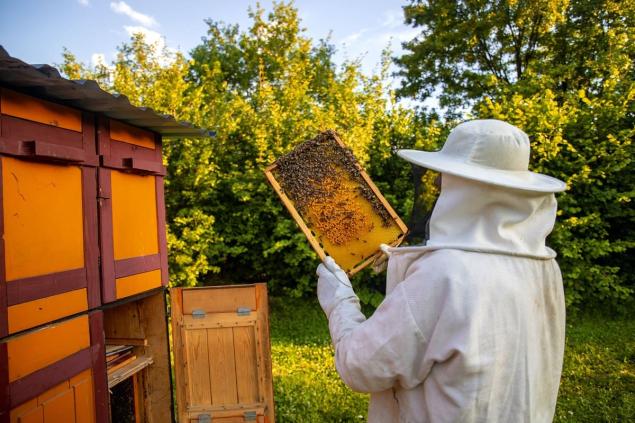
Make something from poppy. In the old days, it was believed that poppy has healing properties. They even put it under the pillow. And do not forget about the bouquets for the holiday.
Swimming and attending church service. Since after the Savior, the temperature became only lower, it was customary to close the bathing season on this holiday. Well, how can we not cleanse the body before visiting the temple, where our souls are purified?
Help others. Beekeepers traditionally shared their honey with others to make the next year better than the previous year. And the believers gave food to the needy. Excellent tradition, an indicator of kindness and humility.
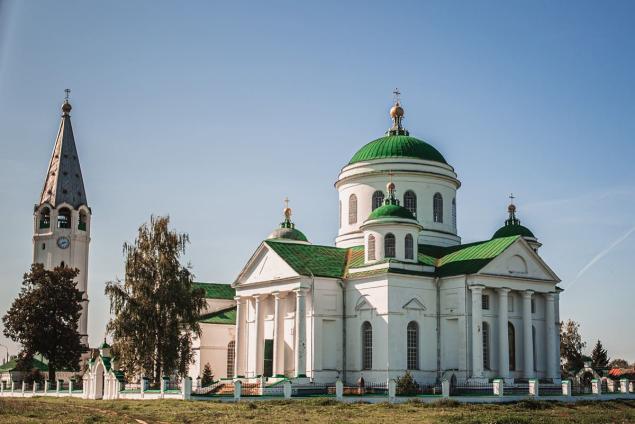
At the same time, there were only 3 simple rules on Makoway that prohibited certain things. Such as work, noisy feasts, not lean food. Only beekeepers were allowed to work. Church holidays are not a cause for excessive noise. And we have already written about food: fasting began, it should be adhered to. There are not so many bans as for a holy feast.
Prayer: “Lord, O Lord, in the highest living and all-seeing by Your eye, look upon all creation.” We pray to you, Holy of Holies, stretch out your invisible hand from your holy dwelling, and bless all of us, and forgive us all free and involuntary sins, whether by word or deed.
Grant us, O Lord, mercy, give tears of broken souls for the purification of many of our sins, grant Your great mercy to Your world and to us, unworthy of Your servant, as Your name is blessed and glorified now and ever and ever. Amen.
From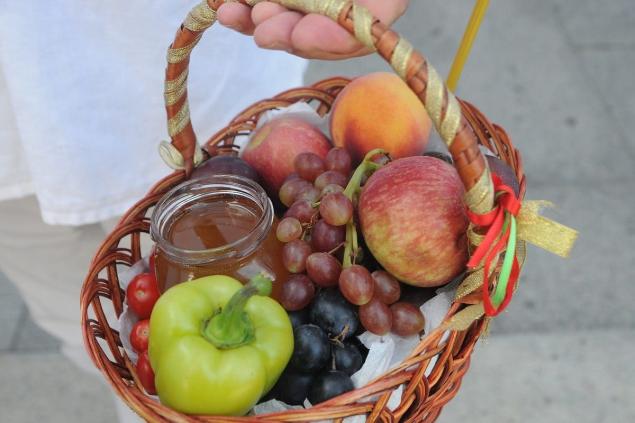
Such a respected and famous holiday, it turns out, also has an interesting history and rather curious traditions. And they are not at all at odds with common sense, and even, on the contrary, bring a lot of logical and reasonable things. It's up to you how to celebrate Makovei and whether to celebrate at all. But thousands of believers look forward to this day every year.

It is curious that on the same day the Assumption Fast begins, which continues until the Assumption of the Most Holy Mother of God, namely, until August 28. As in any other fast, believers who adhere to it should not eat meat and fish. So Makovei-2023, although a holiday, does not accept food on the table.
The name and origin of the holiday itself came to us from the city of Constantinople (now Istanbul) in the IX century. But already in the XII-XIII centuries it spread to all Orthodox churches of the world! In August, a terrible epidemic hit the city. The medicine of the time clearly did not cope with it, and so the clergy used part of the cross on which Jesus was crucified. It was consecrated by local springs and reservoirs. And, miraculously, the ailment is gone!
Since then, all believers have celebrated this day. But the name “Honey” was invented by the people. The fact is that at this time the church sanctifies water, herbs, including honey. So, as you can see from the context, the name came by itself.

Makovei is also an invention of ordinary people. After all, to the poppy holiday is quite indirectly. The name is the name of the seven brothers of Judah Maccabee. The fact is that they, their mother and teachers were tortured for their faith in the Lord in 166 BC. Since then, the church has honored their sacrifice. Well, the people simply drew the name to the poppy, which during this period actively blooms. That's how the name came to be.
Makovei-2023: what is consecrated and what are the signs on this day It is customary to consecrate products and special bouquets, which are then stored at home. The products are as simple as possible. It's poppy, vegetables, fruit, water, honey. Given the age of this holiday, it is no wonder that people did not invent products. Everything as simple and useful as possible at home. But bouquets are different.
They are made up of field plants, flowers and poppy boxes. They put such bouquets at home, and they stand for a whole year, slowly drying out. From plants traditionally choose sunflower, wormwood, spikelets of oats, mint, rue, oregano, cornflower, wormwood, lovebirds and so on. Interestingly, each of the "ingredients" has a special meaning. After a year, the bouquet must be burned. And you can't throw it away.

Our ancestors believed that if honey is not collected on the Honey Savior, then the neighboring bees will steal it. In addition, there was a sign that if the birds fly south on this day, the cold will be strong. And if it rains, then forest fires next year can not be afraid. It was believed that this holiday, among other things, symbolized the transition from the summer cycle to the autumn.
On this holiday it is customary to do some good deeds and pleasant deeds. Of course, this does not change the fact that you can do this at least every day. Still.
Thank the beekeepers for their work and make something out of honey. Honey and bees are associated with this holiday, as we mentioned above. In addition, honey is a useful product from which you can prepare many lean dishes. Therefore, this tradition is very suitable.

Make something from poppy. In the old days, it was believed that poppy has healing properties. They even put it under the pillow. And do not forget about the bouquets for the holiday.
Swimming and attending church service. Since after the Savior, the temperature became only lower, it was customary to close the bathing season on this holiday. Well, how can we not cleanse the body before visiting the temple, where our souls are purified?
Help others. Beekeepers traditionally shared their honey with others to make the next year better than the previous year. And the believers gave food to the needy. Excellent tradition, an indicator of kindness and humility.

At the same time, there were only 3 simple rules on Makoway that prohibited certain things. Such as work, noisy feasts, not lean food. Only beekeepers were allowed to work. Church holidays are not a cause for excessive noise. And we have already written about food: fasting began, it should be adhered to. There are not so many bans as for a holy feast.
Prayer: “Lord, O Lord, in the highest living and all-seeing by Your eye, look upon all creation.” We pray to you, Holy of Holies, stretch out your invisible hand from your holy dwelling, and bless all of us, and forgive us all free and involuntary sins, whether by word or deed.
Grant us, O Lord, mercy, give tears of broken souls for the purification of many of our sins, grant Your great mercy to Your world and to us, unworthy of Your servant, as Your name is blessed and glorified now and ever and ever. Amen.
From

Such a respected and famous holiday, it turns out, also has an interesting history and rather curious traditions. And they are not at all at odds with common sense, and even, on the contrary, bring a lot of logical and reasonable things. It's up to you how to celebrate Makovei and whether to celebrate at all. But thousands of believers look forward to this day every year.
Once upon a time, we gave the grandmother an apartment to her daughter, she lives there with her family, but recently the son decided to claim his rights to this property.
I can't stand visiting my daughter, don't think, I love her very much, but there's one caveat.
